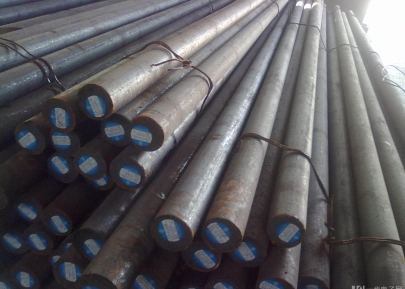Introduction to Precision Manufacturing
Precision manufacturing is a critical aspect of the production process in various industries. It necessitates high levels of accuracy, efficiency, and reliability. Among the vital components that contribute to successful precision manufacturing are key mold bases. Understanding their importance can significantly enhance product quality and production methods.
What are Key Mold Bases?
Key mold bases are foundational components used in the manufacturing of plastic parts, metal injection molding, and die-casting. They serve as the framework that holds the mold components together during the production process. Mold bases must be engineered to withstand the stresses involved in injecting material into the mold while ensuring dimensional accuracy.
Components of Mold Bases
- Base Plate: The primary component providing structural support.
- Guide Pins: Ensures precise alignment of the mold halves.
- Cooling Channels: Helps regulate temperature during the injection process.
- Clamping Mechanism: Secures the mold halves together firmly.
- Locating Rings: Ensures correct positioning of the mold and prevents leakage.
Why are Key Mold Bases Important?
The significance of key mold bases in precision manufacturing can be attributed to several factors:
- Dimensional Stability: Mold bases ensure that the mold components maintain their positions accurately during the manufacturing process, which is crucial for achieving tight tolerances.
- Durability: High-quality mold bases are designed to resist wear, assisting with the longevity of the molds and reducing maintenance costs.
- Consistency: A robust mold base structure contributes to more consistent production runs and product quality.
- Efficiency: Properly designed mold bases streamline the manufacturing process, allowing for faster production cycles.
- Versatility: They can be adapted to various mold designs and applications, making them invaluable in diverse manufacturing sectors.
Key Factors in Choosing Mold Bases
When selecting a mold base, several key factors should be considered:
| Factor | Description | Importance |
|---|---|---|
| Material | Choice of materials, such as steel or aluminum, that affect strength and weight. | High |
| Size and Configuration | Dimensions and shapes that fit the specific mold requirements. | Medium |
| Cooling System Integration | How well the cooling systems are designed to manage temperature. | High |
| Manufacturer Reputation | Ensure you select reliable suppliers who provide quality products. | High |
Cost vs. Quality in Mold Bases
When procuring key mold bases, manufacturers often face a dilemma between cost and quality. Choosing a lower-cost option may lead to quicker wear and production failures, ultimately resulting in higher costs in the long run. Investing in quality mold bases ensures reliability, consistency, and efficiency. Here are some considerations:
- Long-term Investment: Quality lasts longer and needs less frequent replacements.
- Reduced Downtime: High-quality bases can minimize interruptions during the manufacturing process.
- Improved Output Quality: Better mold bases lead to higher-quality products, enhancing brand reputation.
- Safety Factors: Reliable components reduce accidents associated with equipment failure.
Conclusion
In summary, understanding the importance of key mold bases is essential for organizations engaging in precision manufacturing. They play a pivotal role in ensuring dimensional stability, durability, consistency, and overall efficiency. By carefully selecting high-quality mold bases, manufacturers can secure long-term benefits, reduce production costs, and enhance their output. **Investing in the right mold base is not just a choice but a necessity for successful precision manufacturing.**
Frequently Asked Questions
What materials are commonly used for mold bases?
Common materials include various types of steel, aluminum, and sometimes specialty alloys designed for specific requirements.
How do I know if I need a custom mold base?
If standard mold bases do not fit your dimensional requirements or production specifications, a custom solution is likely needed.
What is the average lifespan of a mold base?
The lifespan varies based on usage and maintenance but can typically range from a few years to over a decade with proper care.
Can mold bases be repaired?
Yes, many mold bases can be repaired or refurbished, although this depends on the extent of damage.
How important is maintenance for mold bases?
Regular maintenance is crucial for ensuring the longevity and efficiency of mold bases, leading to better overall manufacturing performance.



